In 2016, Mexico embarked on a program to significantly increase the country’s Daily Minimum Wage for millions of workers. That figure, in law, is also used in multiples to calculate ‘economic solvency’ rules for legal residency in Mexico. In tandem, Mexico introduced a new official unit of measurement known as “UMA.” This article describes what changes happened, and why UMA was introduced.
Why have the ‘economic solvency’ criteria for residency increased so much?
Mexico’s minimum wage has more than trebled since 2016—and along with it, so too have the monthly income or savings/investment balances required to qualify for residency.
UMA was introduced to create a buffer for prices and other official calculations that were tied to minimum wage before it was purposely ramped-up. UMA has also increased each year since 2016 but at a much slower pace in line with official inflation.
Mexican Consulates abroad have not adopted UMA for their residency qualification criteria, so the amounts of income or savings/investment balances consulates ask applicants to show have risen each year in line with the country’s minimum wage—that has more than trebled in the last eight years, from c.73 pesos/day to c.250 pesos/day. We don’t know why Mexican Consulates have not adopted UMA and we don’t know if they will in future.
Immigration offices in Mexico have adopted the (lower) UMAs for their residency qualification calculations, so the amounts of income or savings/investments they ask applicants to show for procedures that carry an ‘economic solvency’ requirement are much lower than the consulates’ figures.
Income versus savings for qualification
The monthly income required to qualify for Temporary Residency in Mexico when you apply at a Mexican Consulate is now around US$4,350 a month.
If your monthly income doesn’t meet the criteria, you can qualify for Temporary Residency in Mexico if you have around US$75,000 of savings/investments instead—that may include a combination of cash, 401k (or equivalent), trust funds, and some other investment funds. This remains a viable route to qualify for many people who have been saving throughout their lives, or who have that amount or more in cash deposited at a bank account(s).
After holding Temporary Residency for four consecutive years, you can exchange Temporary for Permanent at an immigration office in Mexico, and you don’t have to re-prove any income or savings when you apply to make that exchange.
If you want to apply for Permanent residency right away, to qualify you must prove around US$7,300 of monthly income, or nearly US$300,000 in savings—and consulates only issue Permanent residency visas to people who are “retired.”
See our guide to financial criteria for residency in Mexico and read these FAQs for more information and rules about qualifying for residency in Mexico using your monthly income or savings/investments.
Mexico Immigration Assistance
If you need assistance with your Mexico residency application, renewals, regularization, or special procedures, our Mexico Immigration Assistance Service provides consulting, advice, and practical support that assists you through the entire residency application or renewal process, including visa exchanges, regularization procedures, and troubleshooting.
Our associates offer Tele-assistance nationwide and Accompanied Assistance at selected locations across Mexico.
Alternatives to economic solvency
If you want to live or retire in Mexico but don’t have sufficient monthly income or savings/investments to qualify for residency under the ‘economic solvency’ rules, there are some other routes you can consider.
Most, but not all, applications for residency must begin at a Mexican Consulate abroad. There are some circumstances when you can apply for residency in Mexico without the need to visit a consulate first. The principal ones include:
Marriage to a Mexican national, or foreign resident
If you are married (or are getting married) to a Mexican national, or to an existing foreign resident in Mexico, you could arrive in Mexico as a visitor and exchange your visitor permit for a residency card. Mexican immigration law also recognizes same-sex marriages. Learn more about residency through marriage in Mexico.
Common-law partner of a Mexican national, or foreign resident
Mexican immigration law recognizes a common-law partnership, “Concubinos,” with a Mexican national, including same sex common-law partnerships. You need to inquire at a local immigration office about the criteria they ask for to prove your common-law partnership in lieu of a marriage certificate. As with married couples, you can exchange your visitor permit in Mexico for a residency card using this route. Learn more about residency through common-law partnership in Mexico.
Specific family roots
Other than spouses/partners, specified family connections can also enable you to qualify for residency in Mexico. This article describes them.
Your baby born in Mexico
If your child is born in Mexico, both parents become immediately eligible for legal residency in Mexico. You can apply directly at an immigration office in Mexico, you don’t need to go to a consulate abroad.
Special procedure / RNE
A special procedure is currently in force, sometimes referred to as ‘RNE’ (Registro Nacional de Extranjeros), that allows you to exchange an expired visitor’s permit for four years of Temporary Residency in some situations. You can learn about the special procedure here.
Humanitarian grounds
Applications for residency on Humanitarian grounds are specialized and dealt with on a per-case basis. Visit your local immigration office to ask for details.
Mexico Immigration Assistance
If you need assistance with your Mexico residency application, renewals, regularization, or special procedures, our Mexico Immigration Assistance Service provides consulting, advice, and practical support that assists you through the entire residency application or renewal process, including visa exchanges, regularization procedures, and troubleshooting.
Our associates offer Tele-assistance nationwide and Accompanied Assistance at selected locations across Mexico.
Learn more about residency in Mexico
Mexperience publishes information and resources to help you learn about how to apply for and obtain legal residency in Mexico:
- Learn about the principal routes to obtaining legal residency
- Read about the financial criteria to qualify for residency in Mexico
- Learn about Family Unit routes to apply for residency in Mexico
- See our detailed summary about how to apply for residency in Mexico
- Find out the latest residency-related fees charged by Mexico’s government
- See our Mexico Immigration Guide that covers all of the essential information about visas and residency permits for Mexico.
Mexico in your inbox
Our free newsletter about Mexico brings you a monthly round-up of recently published stories and opportunities, as well as gems from our archives.

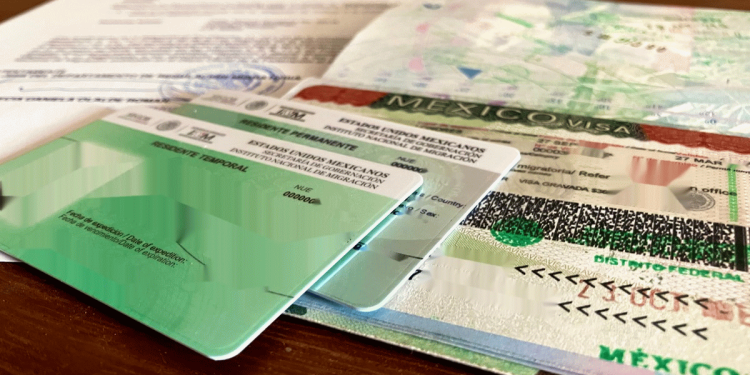
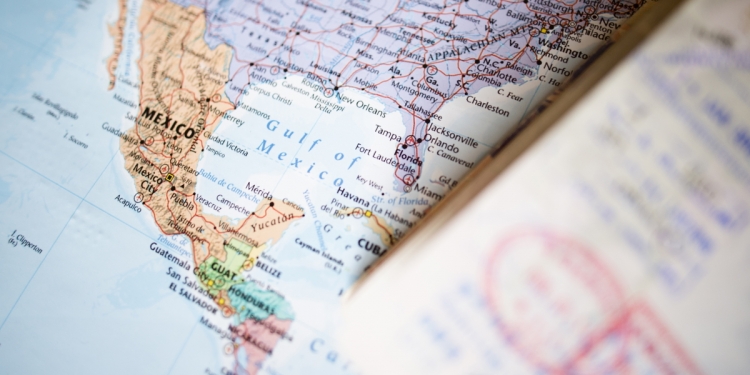
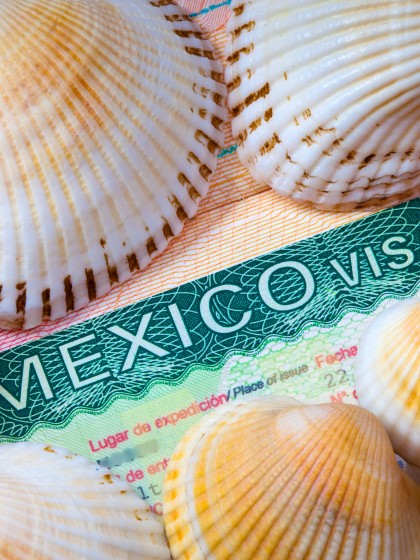



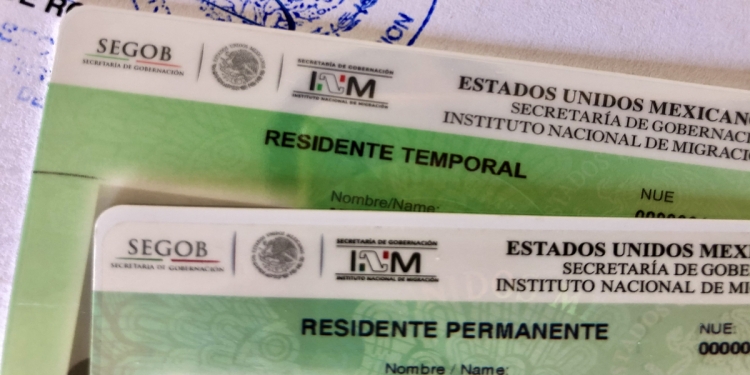
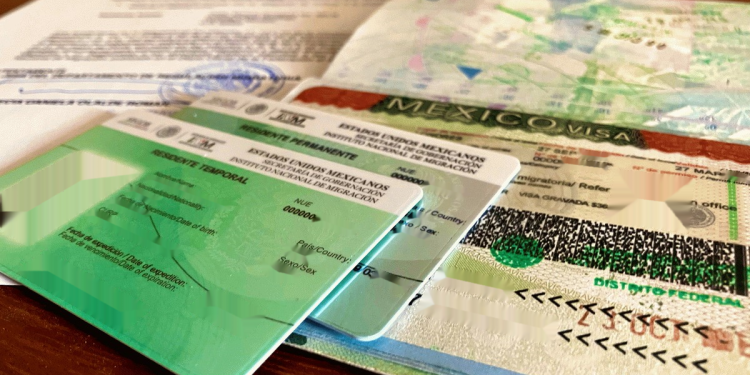
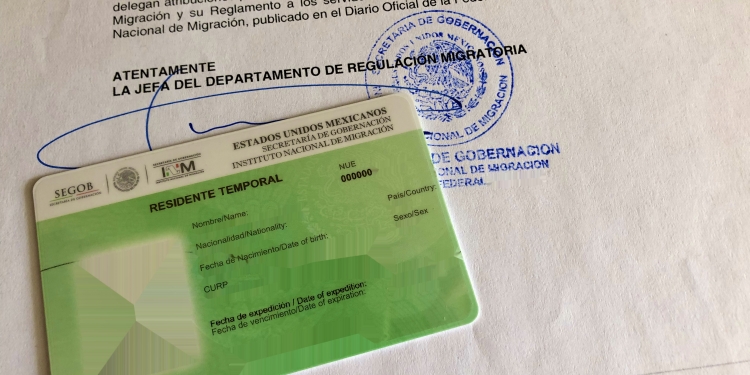
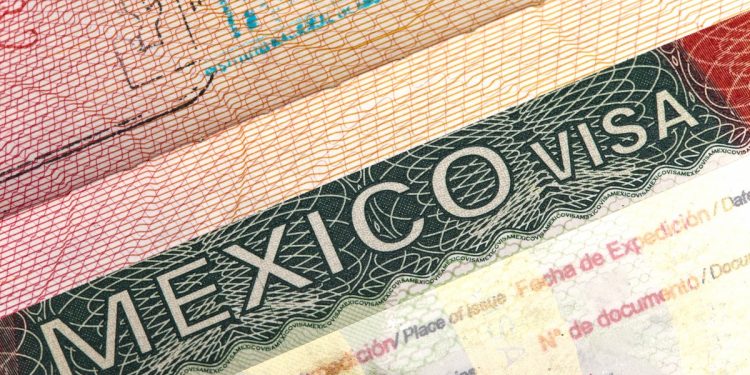
Can I apply for Permanent Residency if I am retiring “soon?” I want to apply for the Permanent Residency while I still have enough assets in banks to qualify but planned to buy a house before we finally retired and moved there. Once I buy the house, I won’t have the assets to qualify for PR. So can I apply now for PR and then retire and move there later? If so, how much “later?”
Hi Ben, it depends on your individual situation and the consulate that you apply at.
Our associates offer an hourly consultation service if you would like to talk to someone in detail about your individual situation and get help to plan an application strategy.
You can find details about the service here:
https://www.mexperience.com/get-assistance-with-your-mexico-residency-application/
Does income from my lifetime annuity count? And is it considered income or savings? I have savings in an IRA as well.
Hello Mark,
Income from an annuity is regarded as income, not savings/investment.
Some consulates accept balances held in an IRA, others don’t. IRA balances are regarded as savings/investment.
I’m coming from a place of complete ignorance here, so please grant me some grace with your response…
I live in San Diego & will be 67 in ten years. I know I won’t be able to afford to live here when I can no longer work (70?) & start drawing social security. That’ll be under $2000 a month. The notion of moving to Playas de Tijuana where I could afford rent is what keeps me from panicking. Is this article saying I’d need over twice the income to do that?!? (Savings is a non-issue as it’s wiped out by medical situation & unlikely ti replenish.) I’m stunned and may need a new life plan!
Hi Joanie, the figures (income/savings) quoted above are current. If you don’t qualify financially, there are some potential alternative ways you might qualify and they are described above.